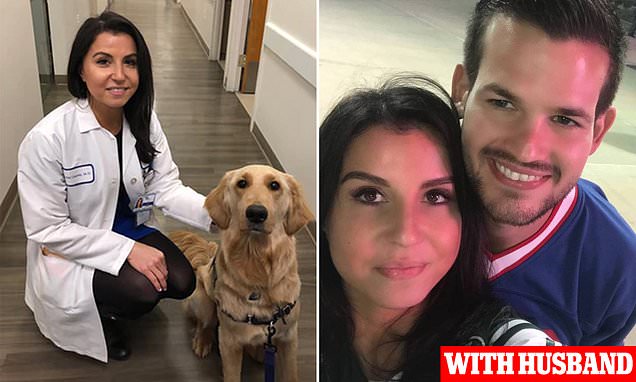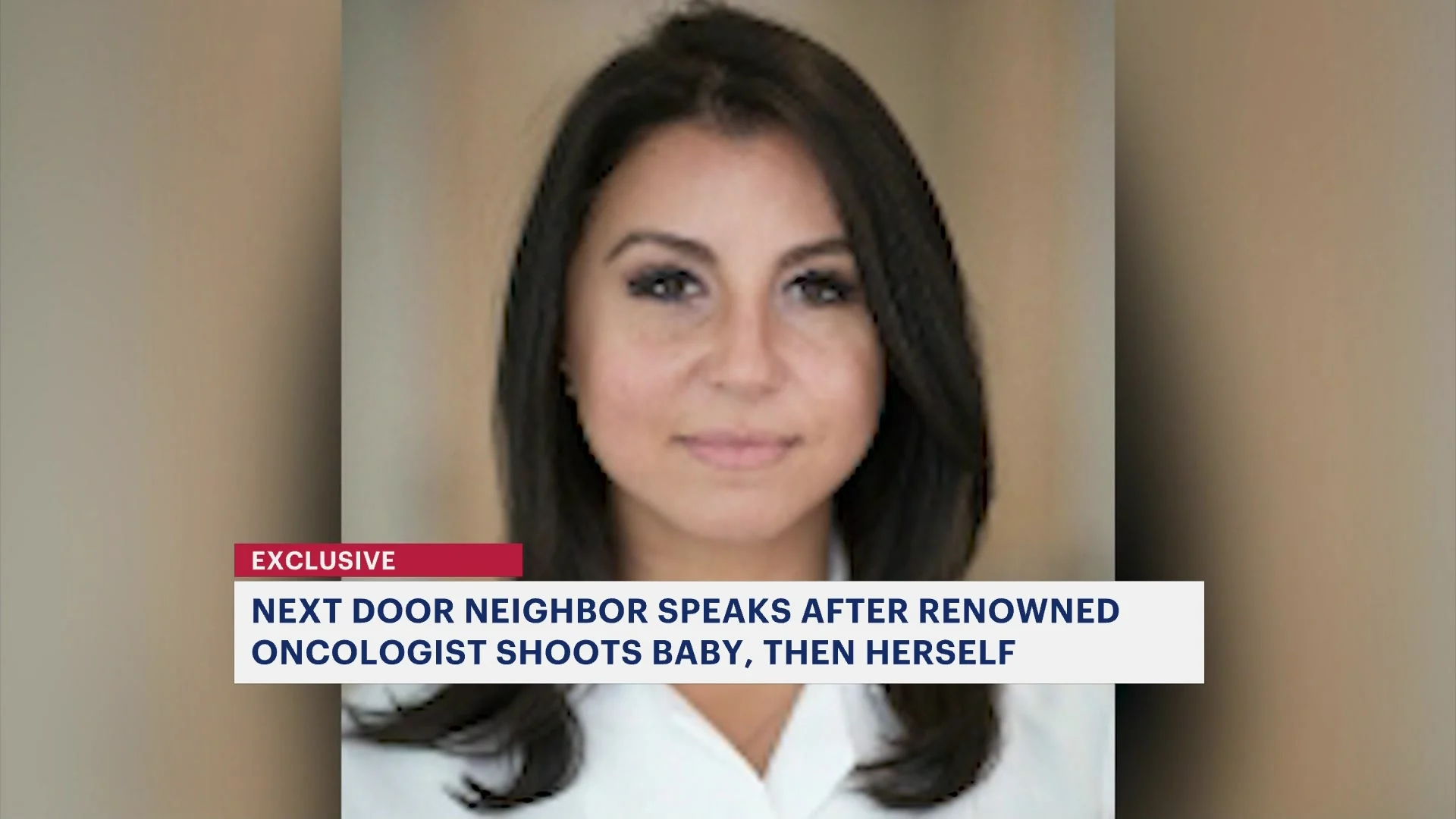Not even close in my opinion. Internship would be the closest of them, but I still think I had it much easier intern year than my wife had it with our son. Remember--you can walk away from internship, and it would be ok. Someone else would pick up your job. Residency and having a new baby are on different emotional planes.
If you're a mother/or a father who watched your wife deal with the stresses of new motherhood and felt they are close then I'm happy for you/your spouse, as certainly some mothers seem to tackle being a new mom with ease. But whenever I've listened to new mothers talk honestly about how they're doing, they feel like a wreck inside, and they're far more sleep deprived than I was my intern year.
Of course--there's a reason we're not hunter gatherers anymore. But hunter gatherer societies/small tribes of up to ~400 people or so were much more conducive to a supportive society that what we have now where we rely on large bureaucratic institutions (or volunteer ones like churches, synagogues, etc.) to accomplish the same thing. Homelessness is a great example--if we lived in a tribe of 400 people, no one would be homeless because you'd know your entire tribe and be willing to let that person whose cave/cabin/teepee collapsed/caught fire live with you until they got back up on their feet. Someone would take the person in. But in modern society where you don't know that person? It's the government's job...
One just needs to remember that despite all the advances we've had in society, knowledge, etc., we still have cave-man minds/emotions. We lived as hunter-gatherers for most of our human history. And it can be very tough to mold our ancestral cave man brain into modern society at times. We evolved to have a village support new mothers. Women weren't meant to go through it alone while the husband works all day. Per the story above, the woman's parents were in the home, so they may have been helping her, but unfortunately that wasn't even enough.


